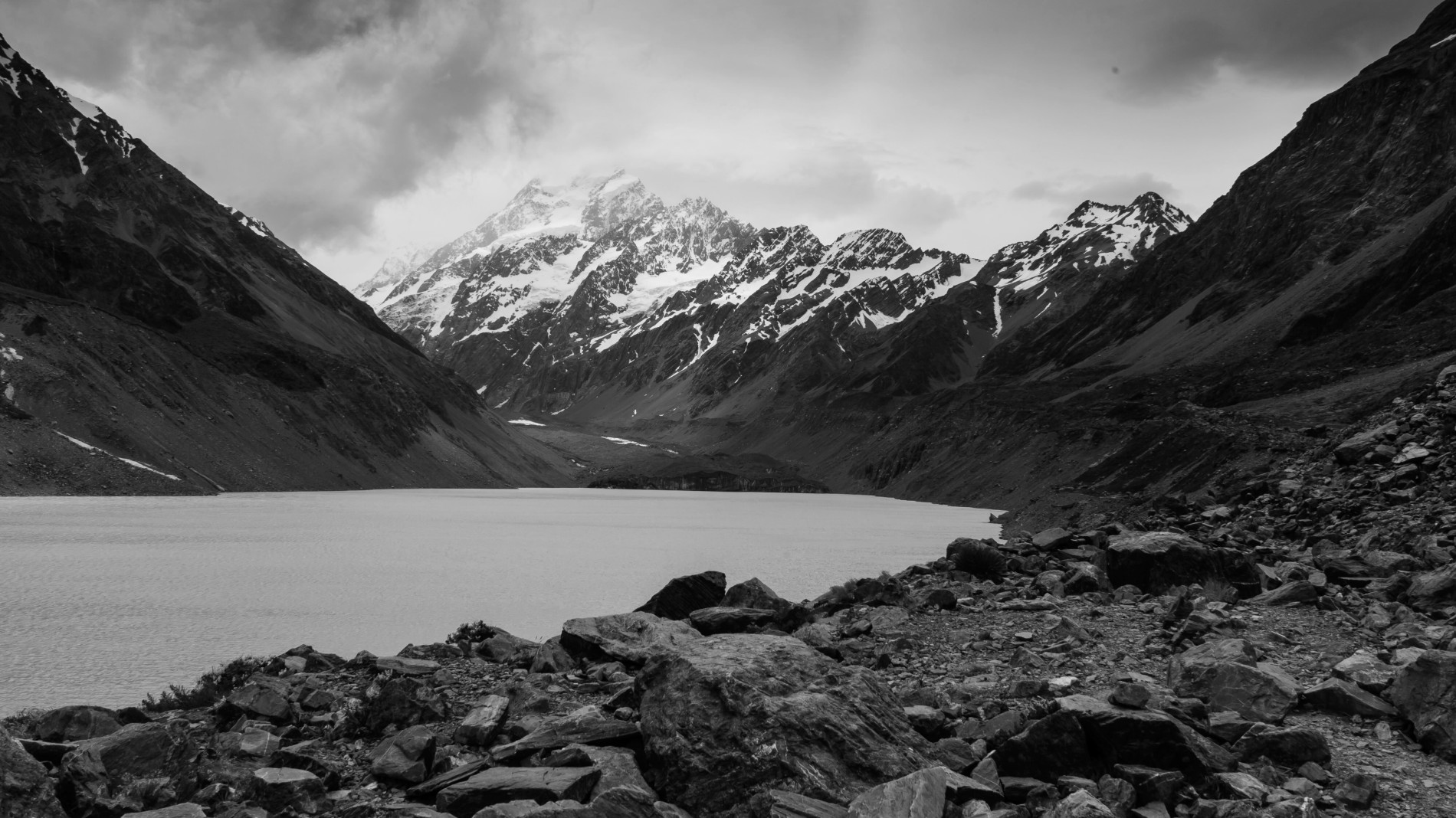Climate change is one of the most pressing challenges of our time, and related weather events like droughts, cyclones and flooding are already having a huge impact on the people of Aotearoa.
That’s why councils around the motu are working hard to figure out how to navigate climate change – whether through mitigation (preventative measures like lowering carbon emissions), or adaptation (protective measures like building seawalls or managed retreat).
Given how complex and significant these issues are, it’s crucial to use a localist lens when addressing climate change-related issues and solutions – making sure communities are a big part of the conversation about their future. And around the country, there are some great examples of this.
In 2015, South Dunedin was hit by a major flood that saw about three months of rainfall in one day. It was detrimental to the area and left roughly 1,200 homes and businesses water-damaged.
The flood was the catalyst for the South Dunedin Future Programme, which aims to mitigate the effects of climate change on the community – both in the immediate sense, and with an eye to the next 50-100 years.
But it’s equally about bringing the community on this journey. This is because the programme isn’t just a climate issue – it’s a social one. South Dunedin regularly ranks as one of the most deprived areas on The New Zealand Index of Socioeconomic Deprivation. There’s a high level of renters, and, due to its flatness, a lot of people living there have mobility issues, such as the elderly or those with disabilities.
That’s why the South Dunedin Future Programme is not about making a plan for the community – it’s about making one with the community. To do this, Dunedin City Council and Otago Regional Council have used a localist, people-focused approach. Since 2015, they’ve been meeting with the community on their own turf and terms – at places like sports club, church groups and community organisations, earning trust and planning for the future one person at a time.
This approach may take longer, but that’s a good thing, allowing council to move away from short-term ‘band-aid’ thinking and towards future-focused, sustainable outcomes for the good of the community – a community that’s having a genuine say in them. This work has given the programme a strong foundation as it begins the formal engagement process to create an adaptation plan for South Dunedin by 2026.
“What I see here is a real opportunity for a council and a community to do something really different, and to actually create a pathway for that real communication,” says Eleanor Doig, from the South Dunedin Community Network. “Where a community – truly a community, not a self-selected representative group called the community – is involved in understanding what the issues are, and being part of looking at options and understanding decisions that are being made, it means that the community doesn't fracture around us. So that's our dream,” Eleanor says.
Dunedin isn’t the only council working to create this kind of genuine, localism-focused partnership. For Masterton District Council, community engagement was crucial in developing their Climate Action Plan, with council taking a co-development approach to it. This involved creating a focus group made up of locals from a range of backgrounds – including farming, climate science, social science, mana whenua interests and hazard management – and extensive consultation with the wider community.
What’s more, one of the key goals of the resulting plan is community empowerment, focusing on building a climate change-aware community that’s both empowered and supported and to act. One way they’re doing this is through the creation of a Community Climate Fund, which sees council grant funding to a variety of climate-focused community projects.
“One of the main aims is to try to involve as many people in the community as possible, coming from varying age groups – it is our children who will inherit the environment, so they need to be represented,” says Councillor Marama Tuuta. “One group alone can’t stop climate change. We need a lot of people involved to help us adapt.” That’s why localism is so crucial in these conversations – and why councils need to support and enable communities to drive the change and future they want to see.
